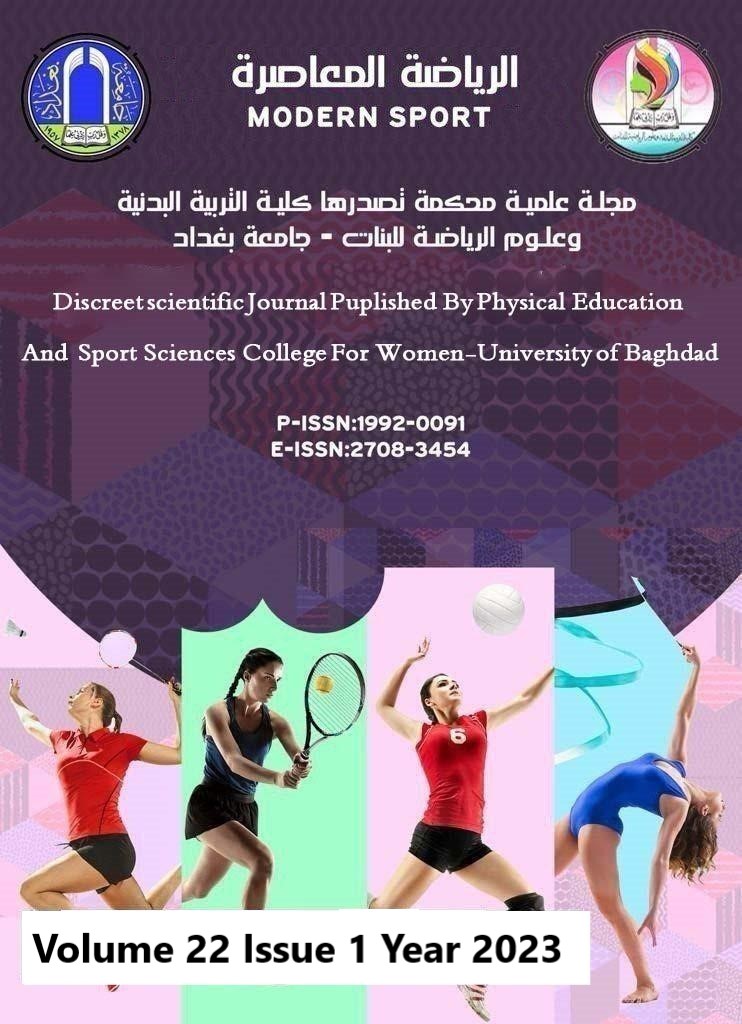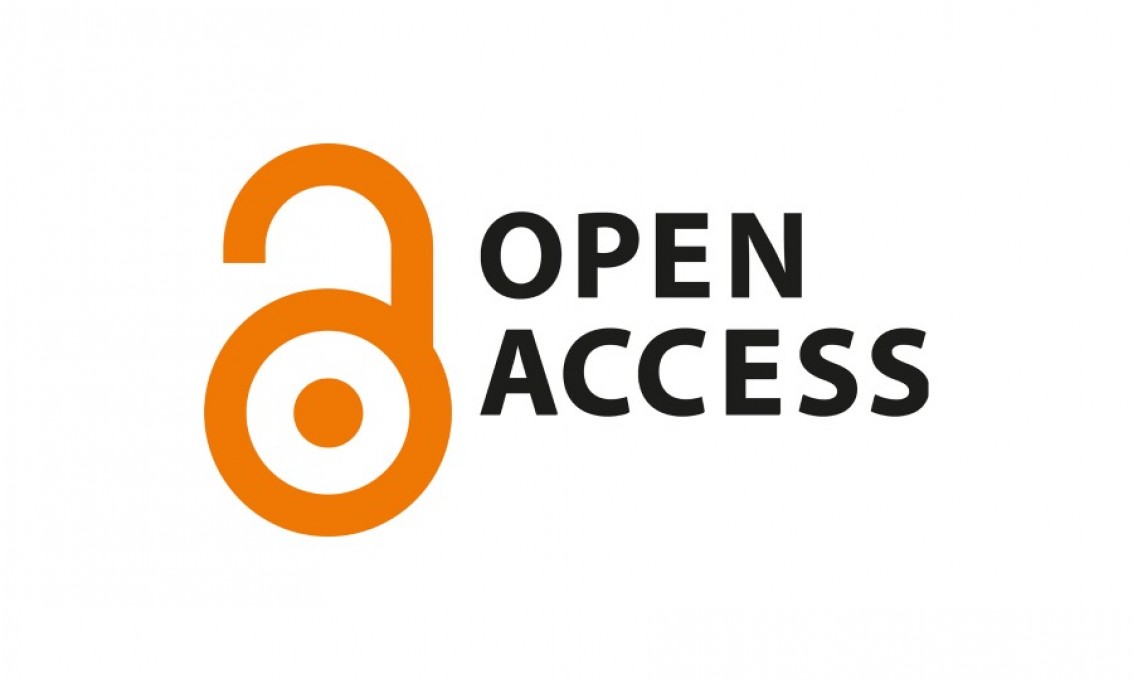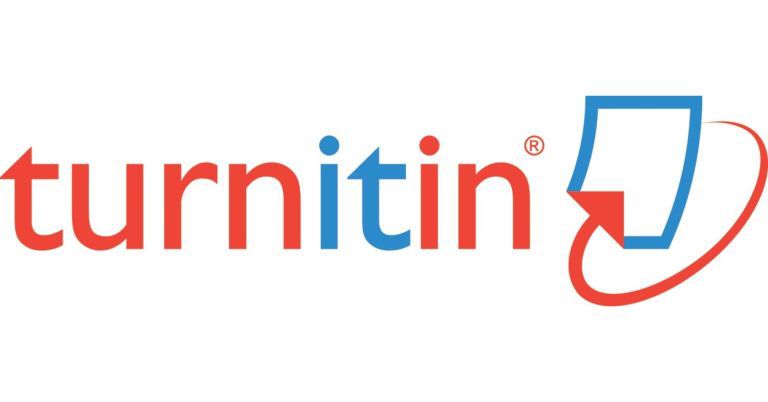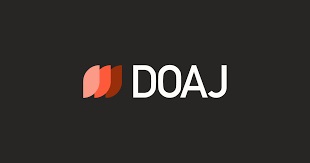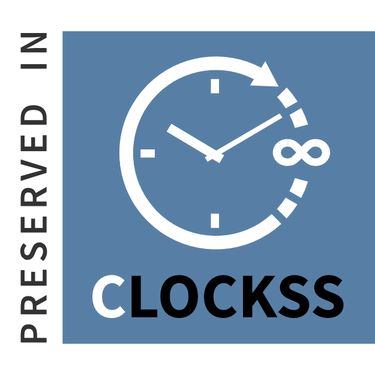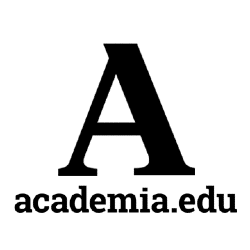The effect of the directed cooperative investigation strategy in learning the attacking skills by changing the direction and the direct rectilinear of the foil weapon for students
DOI:
https://doi.org/10.54702/ms.2023.22.1.0097Keywords:
cooperative investigation strategy, attack by changing direction, direct rectilinear attackAbstract
The learner is considered a good basic foundation for scientific progress, so he must be provided with a system of multiple values to build a modern and developed society, hence the use of strategies to open new horizons for learning, including the directed cooperative survey strategy if the research problem arises in moving away from teacher-based teaching and providing opportunities for students to search and survey Under the supervision of the teacher to learn the skills of the attack by changing the direction and the direct straight with the fencing weapon, and the importance of the research was manifested as the process of inquiry is the essence of the relationship between the teacher and the learner and the understanding of the students through the questions asked, which leads to responses as a result of thinking and analysis of the given information and skills, and thus this strategy may contribute to achieving Progress in the level of the skills researched, and the aim of the research is to identify the impact of the directed cooperative investigation strategy in learning the attack skills by changing the direction and the direct straight in the foil weapon for the students of the third stage in the College of Physical Education and Sports Sciences, University of Basra. The two researchers used the experimental approach in the manner of equal groups for its suitability to the nature of the research problem. As for the research community, it is challenged D students of the third stage in the College of Physical Education and Sports Sciences \ University of Basra, and the research sample was chosen randomly and consisted of (45) students who were divided into three groups, the experimental group consisting of (20) students, the control group consisting of (20) students, and the exploratory group consisting of (5) students, and the two researchers relied on the vocabulary of the fencing curriculum for the third-stage students, and they conducted pre-tests for the two groups and then applied the educational units to the students of the experimental group, while the control group was subjected to the educational boards prepared by the subject teacher, and after completing the application Units Post-tests were conducted for the two groups, and the data were processed using appropriate statistical methods. The two researchers concluded that the directed cooperative survey strategy had a positive effect on learning the skills of the attack by changing the direction and the direct straight attack in the foil weapon for students. Accordingly, they recommended the adoption of the educational units of the directed cooperative investigation strategy prepared by them for its role in achieving positive results in learning the attack skills by changing the direction and the direct straight attack in the foil weapon for students in a better way than others
References
Muhammad, A, (2019), The effect of using Keegan structures on the achievement of second-grade intermediate students in the social and national studies course, Reading and Knowledge Journal, a previously mentioned source. P:116
Zaid, A, (2019), The New in instructional design and educational technology, Dar Al-Kutub and Documentation, Al-Mutanabi, Baghdad. P:132
Ismail, Z, (2002), The overlapping teaching style and its impact on learning and development through spatial organizational options for the tennis learning environment, PhD thesis, University of Baghdad, College of Physical Education. P:102
Abd, A, (2013), The Applied tests in physical education, physical, kinetic, skillful, Baghdad, Dar al-Kitab and Documents. P:181
Yasiri, M, (2010), Theoretical Foundations for Physical Education Tests, 1st Edition, Dar Al-Diyaa for Printing and Design, Najaf. P:201
Ratib, O, (1999), the scientific researcher in physical education and sports psychology, Cairo, Dar Al-Fikr Al-Arabi. P:217
Bahi, M, (1999), Practical Scientific Transactions between Theory and Application, Cairo, Al-Kitab Center for Publishing, 1st Edition. P:127
Meteb, S, (2014), Motor learning and its applications in physical and sports education, 1st edition, Beirut, Dar Al-Kutub Al-Alami. P:15
Qatami, N, (2000), The Psychology of Classroom Learning, Amman, Dar Al Shorouk. P:12
Ibtisam Saleem. (2022). Availability of smart learning requirements in the faculties of physical education and sports sciences from the point of view of the faculty members at the universities of Baghdad and Al-Mustansiriya. Modern Sport, 21(2), 0070. https://doi.org/10.54702/msj.2022.21.2.0070
Saba Abdul-Kareem Zghair, & Sahira Razzaq Kadhum. (2022). Moral integrity among students of the faculties of physical education sports sciences and fine arts. Modern Sport, 21(4), 0073. https://doi.org/10.54702/ms.2022.21.4.0073
Ali, A, (1999), The effect of some uses of knowledge base systems in learning programs using the symbolic model for learning offensive skills in fencing, PhD thesis, University of Baghdad, College of Physical Education. P:5
Timothy, S, (2011), Motor control and Learning, 4thed, Human Kinetics. P:49
Huda Badawi, R. I. (2020). The effect of rehabilitative exercises accompanied by aids to improve muscle strength and range of motion for people with dislocated shoulder joint. Modern Sport, 19(3), 0134. https://doi.org/10.54702/msj.2020.19.3.0134
Huda Badawi, H. N. (2020). The effect of using multimedia in learning the skill of passing from the bottom of volleyball. Modern Sport, 19(3), 0178. https://doi.org/10.54702/msj.2020.19.3.0178
Rusul Abbas, & Ishraq Ghalib. (2022). Speed of the visual response and its relationship to some visual abilities in the sport of fencing. Modern Sport, 21(2), 0047. https://doi.org/10.54702/msj.2022.21.2.0047
Sarah Qassim, & Bushra Kadhum. (2021). the effect of a learning strategy for mastery in learning the skills of Setting volleyball for female students. Modern Sport, 20(3), 0089. https://doi.org/10.54702/msj.2021.20.3.0089
Musa Adnan Alani. (2021). the effectiveness of using reciprocal technique in developing the skillful self and teaching some basic football skills among literary fifth grade students. Modern Sport, 20(1), 0015. https://doi.org/10.54702/msj.2021.20.1.0015
Safa Abdul-kareem Sadiq, & Najlaa Abbas Nseif. (2022). The relationship of three-dimensional intelligence to cognitive achievements in the subject of teaching methods. Modern Sport, 21(4), 0001.
Downloads
Published
Issue
Section
License
Copyright (c) 2023 Modern Sport

This work is licensed under a Creative Commons Attribution 4.0 International License.
